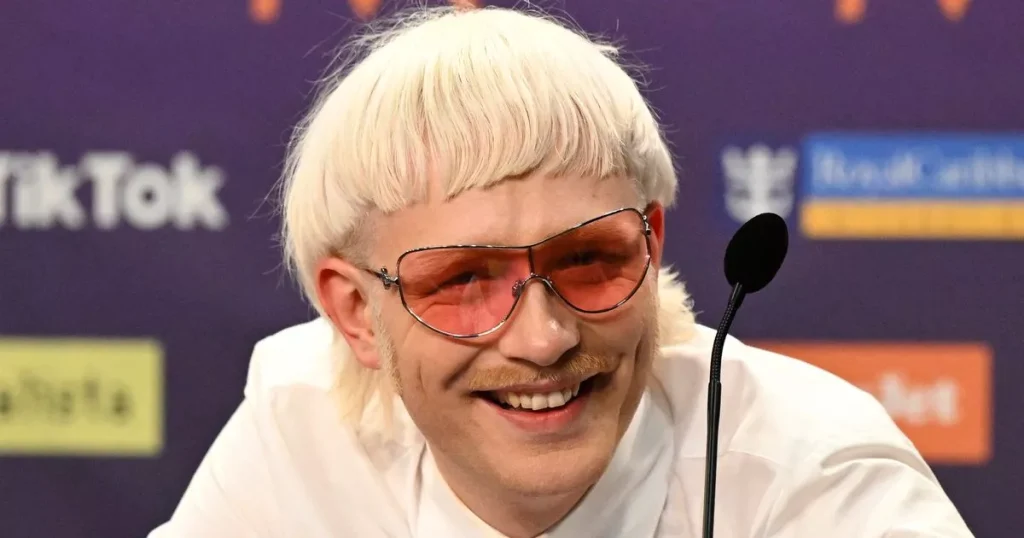There are incidents and controversies surrounding the Eurovision Song Contest. The Netherlands’ act Joost Klein missed rehearsals due to a police investigation into threats made by a man at the event. This has raised concerns about Joost Klein’s participation in the final. There has been ongoing police questioning and investigations into the matter, and the European Broadcasting Union has taken steps to address the situation. The grand final of Eurovision is a significant event with participation from various countries, with concerns about acts like Israel’s entry Eden Golan who has faced protests due to geopolitical issues.
Israel’s Eden Golan faced boos during her performances, and there have been protests calling for a boycott of the Eurovision competition due to the participation of Israel. The event has been mired in controversies, with Swedish activist Greta Thunberg joining pro-Palestinian protesters demanding a boycott of the competition. The political and humanitarian situation in the Middle East has influenced the perception of certain acts, like Israel’s entry, and has led to debates and demonstrations around the event. The Eurovision final marks the culmination of this year’s competition, with several participating countries showcasing their musical talents.
The Eurovision final has seen a combination of political tensions and musical performances. UK contestant Olly Alexander and Irish entry Bambie Thug are among the finalists vying for the title. The presence of acts like Marcus and Martinus from Sweden highlights the historical significance of the competition, which has a rich legacy in pop music. The involvement of notable figures like Swedish activist Greta Thunberg and statements from political leaders adds another layer of complexity to the event. With Irish presenter Graham Norton hosting the coverage, the final promises to be a diverse and engaging spectacle.
The controversy surrounding the Eurovision Song Contest extends beyond the performances to broader geopolitical issues. The participation of Israel in the competition has sparked protests and calls for a boycott due to ongoing conflicts in the region. The presence of acts like Eden Golan has heightened tensions and highlighted the broader political context in which the competition takes place. Despite the controversies, the grand final of Eurovision remains a popular and highly anticipated event, with talented artists from various countries coming together to showcase their music and culture. The competition reflects a mix of musical excellence and political sensitivities, making it a unique and dynamic spectacle.
The investigation into the threats made against the Netherlands’ act Joost Klein has raised questions about the security and well-being of participants at the Eurovision Song Contest. The incident has drawn attention to the need for enhanced safety measures and the potential impact of external factors on the competition. As the final approaches, the focus remains on the performances and the artists who have worked hard to reach this stage. Despite the challenges and controversies, Eurovision continues to captivate audiences worldwide and remains a platform for celebrating music and cultural diversity. The coming together of different nations and talents on one stage showcases the power of music to transcend boundaries and unite people.


